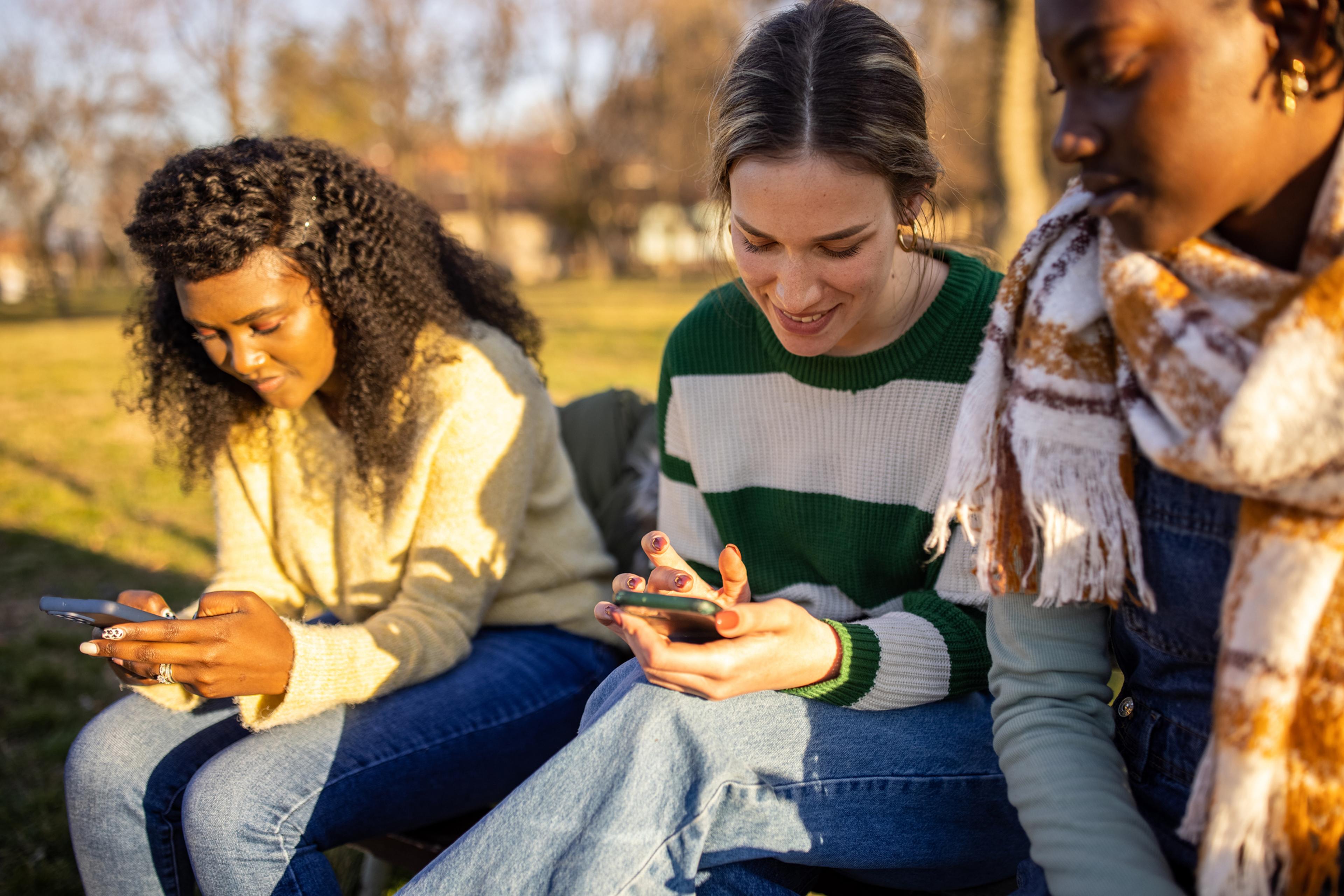Is Gen Z Internet Slang Helping or Hurting Mental Health Issues?

Jake Newby
| 4 min read
Jake Newby is a brand journalist for Blue Cross Blue Shield of Michigan.

Every generation has iterations of their own slang. Millennials and Gen Z are obviously no different. The younger generations have seemingly created an entire diction of slang terms to describe mental health, something that’s also not unique to just one or two generations. Still, this recent development is causing mental health professionals to raise an eyebrow at how appropriate these terms might be.
Some slang terms and euphemisms used commonly in the past to describe mental health issues have been downright condemned in today’s day and age. The way millennials and Gen Z use mental health slang appears lighthearted and less oppressive on the surface, at least compared to some of the blatantly offensive terms of yesteryear. But do these terms do more harm than good in terms of tearing down the stigma surrounding mental health?
What are some of the new slang terms used to describe mental health issues?
“Menty b,” which means mental breakdown, and “stressy depressy” are two TikTok hashtags with millions of views to their name.
One video with close to 23,000 views features a woman dancing in her kitchen, accompanied by a caption that says “Me vibing through being stressy and depressy.” It’s a video that can be viewed as relatable and even uplifting to some scrollers. Cutesy, self-deprecating videos centered around these terms have the potential to relate to others in a way that could make them think, “I’m not the only one feeling this way.”
Another oft used term is “Grippy sock,” referring to the footwear patients in psychiatric hospitals are given. This term is more frequently used in the phrase “grippy sock vacation.” This is another term that’s popular on TikTok. Some users have generated a lot of views by posting videos of themselves in a bed at a facility wearing these socks, while commentating on the state of their mental health.
Some of the more troubling terms gaining traction on social media are “suey” (suicidal) and “unalive myself.”
Is new mental health slang helping or hurting?
There’s a school of thought online that says these terms can create a pathway for dialogue among younger generations struggling with their mental health. A humorous inroad and icebreaker that can serve as a conversation starter between two friends that could then lead someone to the help needed to begin healing.
The same inroad could be made by parents. Awareness of these slang terms can help adults broach a general conversation about mental health with their teenage or adult children in the Gen Z age range.
However, another school of thought says joking about such serious issues could increase stigmatization. Using terms like these, while maybe not the intended reaction, can minimize and invalidate those with a diagnosed mental health condition. Not everyone will find humor in talking about mental health issues so insensitively.
A 2023 study on mental health awareness efforts stated that in some cases, interpreting life’s relatively common hardships (such as a breakup, for example) as mental health problems – without official diagnosis – can lead to behavioral changes that ultimately exacerbate symptoms and distress. Self-diagnosing can be problematic for many reasons. Those with self-labeled mental illness may be less likely to seek help through therapy or counseling.
This is why visiting a professional – that knows what to look for, and more importantly, knows how to treat issues with a standard of care interventions – is always the best option.
Where to seek mental health help
Blue Cross Blue Shield of Michigan and Blue Care Network can help members find an in-network mental health professional by calling behavioral health access lines listed below:
PPO: Behavioral Health Access Line | 1-800-762-2382
A free and confidential resource that’s just a call away when you need immediate support. Behavioral health professionals answer, 24/7.
HMO: Behavioral Health Access Line | 1-800-482-5982
Connect with a behavioral health clinician if you need help finding a mental health or substance use provider.
Behavioral health clinicians are available for routine assistance from 8 a.m. to 5 p.m., Monday through Friday. For urgent concerns after hours, clinicians are also available 24 hours a day, seven days a week.
Here are additional community resources:
- Additional community resources are available, including:
- Suicide and Crisis Lifeline: 988
- Common Ground Resources and Crisis Helpline: 1-800-231-1127 (call or text)
- SAMHSA’s Disaster Distress Helpline:1-800-985-5990 or text “TalkWithUs” to 66746
- Michigan Crisis and Access Line (MiCAL) Michigan Peer Warmline: 1-888-733-7753
- Mentalhealth.gov assists people with mental illness by providing resources to them and those who care about them. Resources include myths, facts and conversation starter tips.
Photo credit: Getty Images





